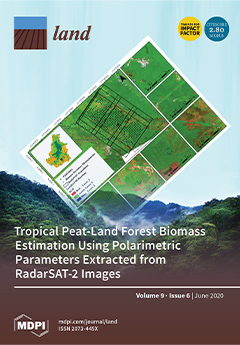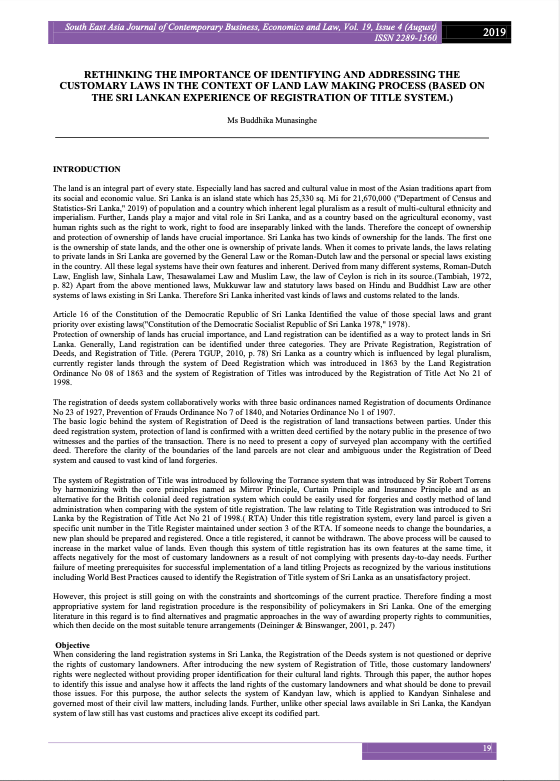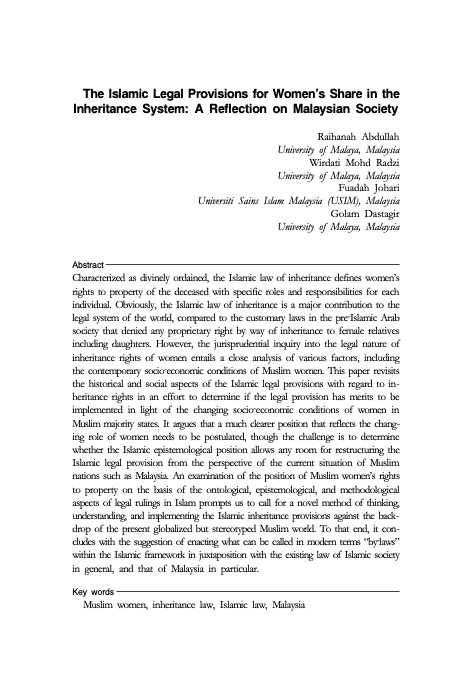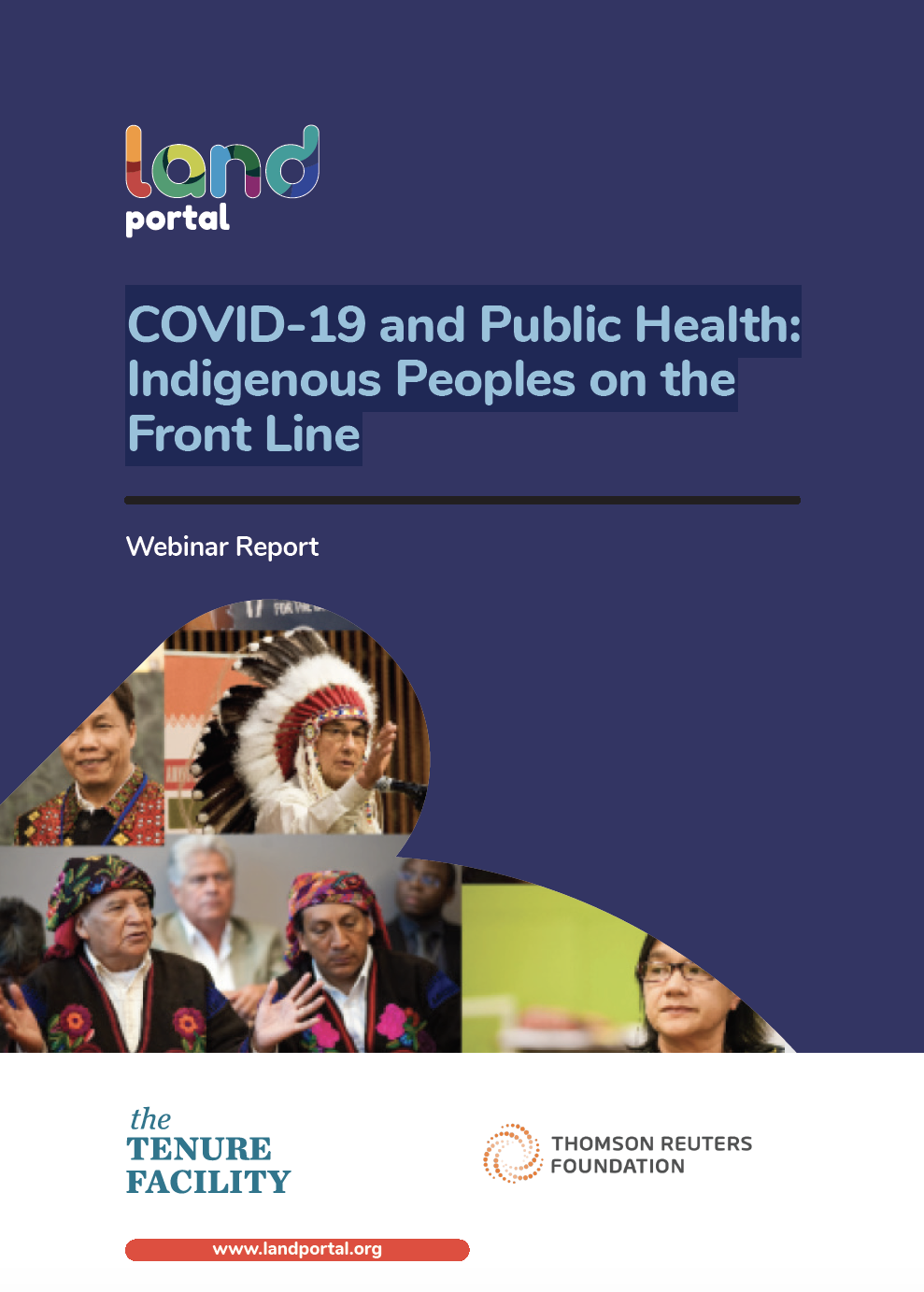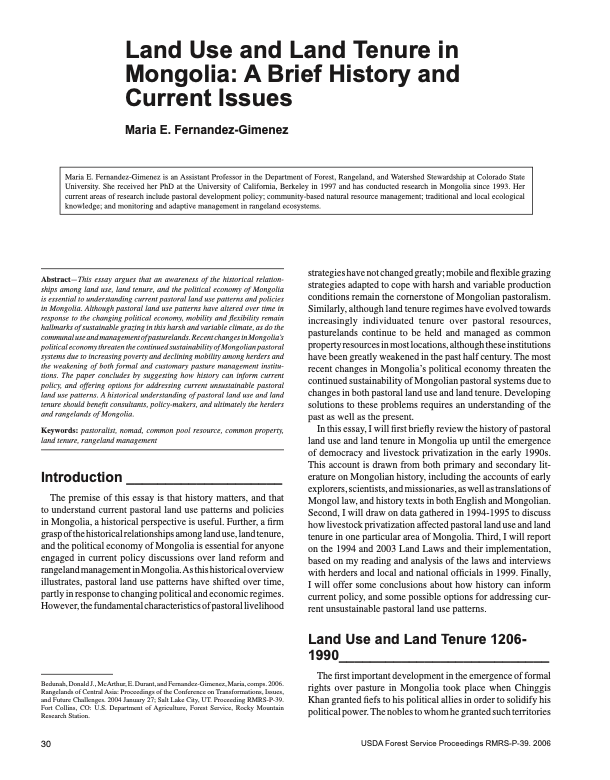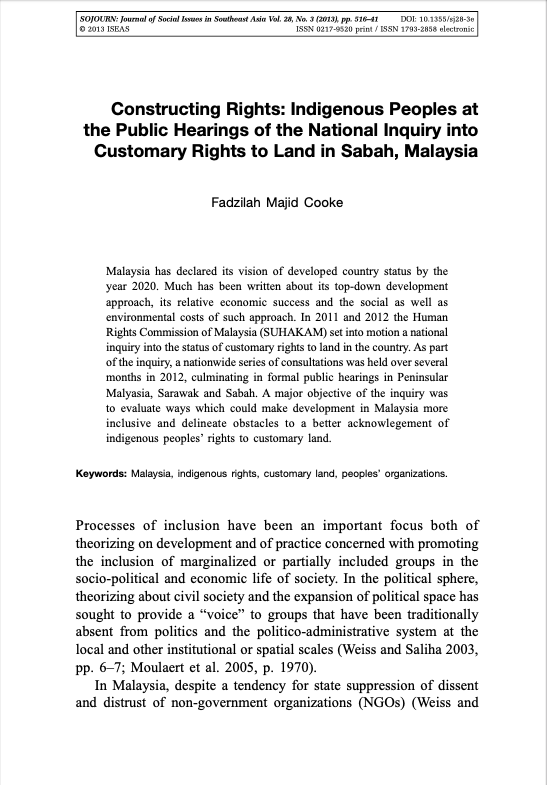Implications of Customary Land Rights Inequalities for Food Security: A Study of Smallholder Farmers in Northwest Ghana
Inequalities in land rights exist globally, both in formal and customary settings. This is because land rights are either strong or weak, and held by various categories of people. The weaker variants of the inequalities tend to stifle tenure security, reduce land use, and threaten the food security of those dependent on the land for survival. This paper investigated the implications of customary land rights inequalities and varying tenure insecurity for food security among smallholder farmers in northwest Ghana.

